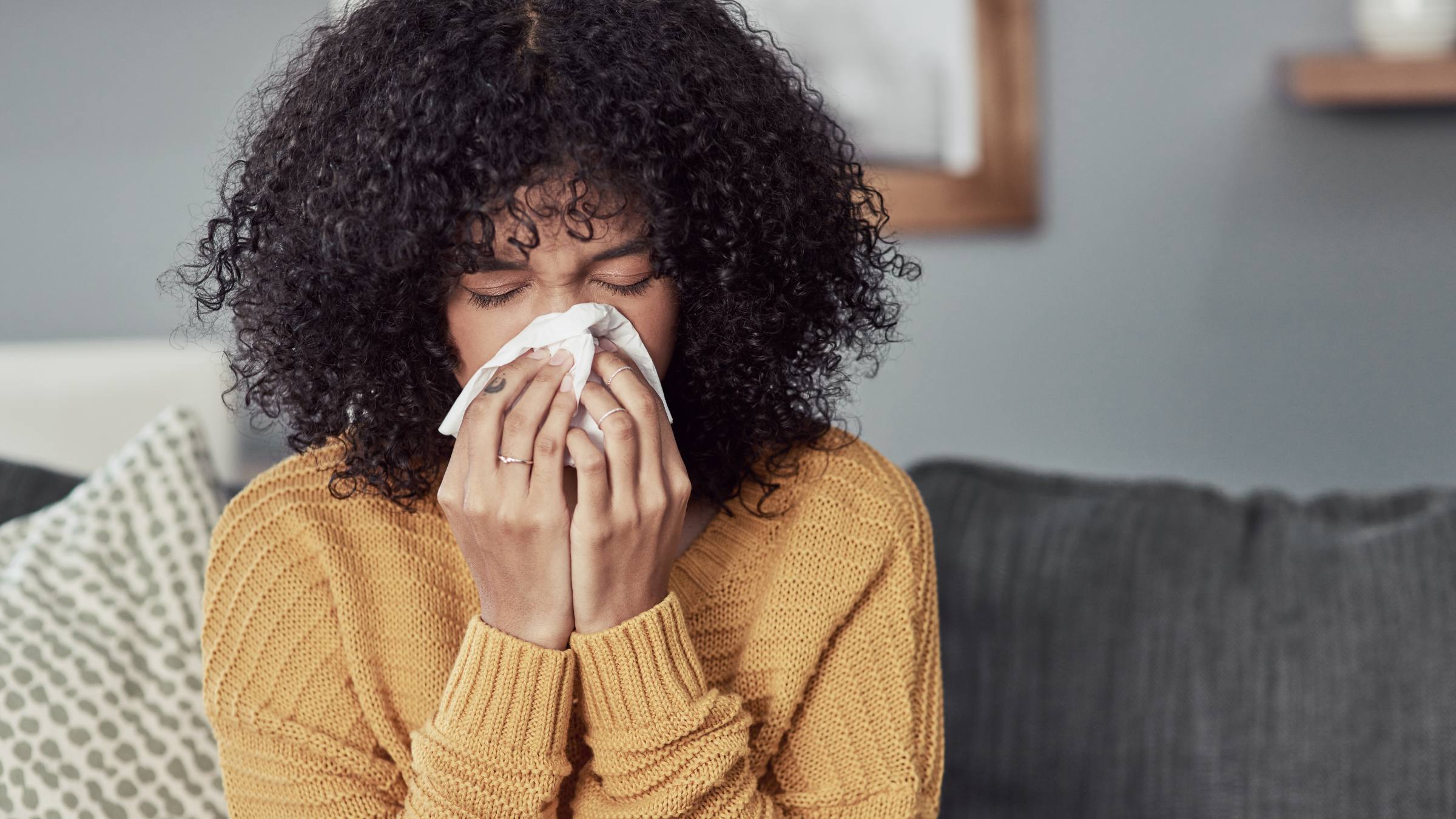

Editor’s note: As what we know about COVID-19 evolves, so could the information in this story. Find our most recent COVID-19 articles here and learn the latest in COVID-19 prevention at the Centers for Disease Control and Prevention. Some photos and videos on this site were filmed prior to the COVID-19 outbreak or may not reflect current physical distancing and/or masking guidelines.
Your nose is all runny and stuffed up, and you’re losing your sense of smell. While in the past this has usually turned out to be a sinus infection, you’re not so sure this time. After all, COVID-19 is running rampant throughout the world and loss of sense of smell is one of the signs of infection. To help you figure it out, let’s take a closer look at sinusitis.
What is sinusitis?
Sinusitis is an inflammation of the sinuses. Most often it’s the result of an infection and can be caused by viruses, bacteria and, less commonly, fungi.
What are symptoms and treatment?
Typically, you’ll have facial pain/pressure, headaches, nasal drainage and congestion, decreased or loss of sense of smell, tooth pain and sore throat. Treatment depends on the cause but can include medications to decrease inflammation and treat the infection. Sometimes rinsing out your sinuses can help. At home this can be done by using a nasal saline solution or Neti pot. In severe cases, you may need to be treated by an ear, nose and throat doctor.
Is there a season when sinusitis happens more?
Sinusitis can occur at any time of the year, but it tends to flare up in cold and flu season and during allergy seasons. Underlying allergy inflammation can lead to sinus infections.
Is sinusitis associated with COVID-19?
It’s thought that the initial site of COVID-19 entry for most patients is the nasal passages. Runny noses have been more common with COVID infections with the newer strains. However, sinus infections have rarely been associated with COVID.
Is there a way to determine if you have sinusitis or COVID-19?
Typically, the loss of sense of smell associated with a sinus infection is going to be accompanied by more significant symptoms such as facial pain/pressure. COVID-19 symptoms tend to have more fatigue, cough, shortness of breath and may have gastrointestinal symptoms, too. Because symptoms can overlap, I recommend discussing your condition with your physician and/or getting tested if you think you’ve got COVID-19. If you get a COVID-19 test, remember to mask up and stay away from others until you get your test results. It’s always better to be safe than sorry.






